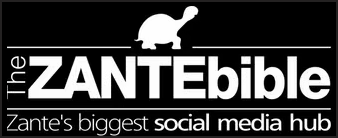Facebook users are unwittingly revealing intimate secrets – including their sexual orientation, drug use and political beliefs – using only public "like" updates, according to a study of online privacy. The research into 58,000 Facebook users in the US found that sensitive personal characteristics about people can be accurately inferred from information in the public domain.
Researchers were able to accurately infer a Facebook user's race, IQ, sexuality, substance use, personality or political views using only a record of the subjects and items they had "liked" on Facebook – even if users had chosen not to reveal that information.
The study will reopen the debate about privacy in the digital age and raise fresh concerns about what information people share online. Michal Kosinski, one of the academics behind the study, said he believed Facebook users would be "spooked" by the findings and called for regulatory intervention by politicians.
"The important point is that, on one hand, it is good that people's behaviour is predictable because it means Facebook can suggest very good stories on your news feed," said Kosinski, the lead Cambridge University analyst who worked with Microsoft Research on the study, published in the Proceedings of the National Academy of Sciences (PNAS) journal.
"But what is shocking is that you can use the same data to predict your political views or your sexual orientation. This is something most people don't realise you can do."
He warned that certain information – such as sexuality or religious views – could pose threats to internet users' safety if it got into the wrong hands. "Everyone carries around their Facebook 'likes', their browsing history and their search history, trusting corporations that it will be used to predict their movies or music tastes," Kosinski said.
Source: The Guardian







